“You usually hear of fogeys constructing their financial savings so their youngsters can lead extra comfy lives in the long term. However, I didn’t have the long term to consider. I simply had the current,” Prasanna Shirol takes me again to the day his daughter, Nidhi, made headlines, changing into India’s first reported Pompe affected person.
The uncommon genetic dysfunction causes glycogen accumulation within the muscle groups, not sparing the very important organs both. With a prevalence of 1 in 40,000 to 1 in 3,00,000, Pompe pronounces its victims with a life sentence of two years, one thing Nidhi managed to outdo by 22 years. India had by no means identified a Pompe affected person earlier than Nidhi; the truth that genetic testing was nonetheless in its infancy compounded the delay in analysis.
The primary seven years of Nidhi’s life had been a blur. Prasanna and his spouse, Sharada, have solely reminiscences of hospital doorways and batteries of checks from that interval. “Proper from when Nidhi was 4 months previous, we began observing that she had issues with digestion. She suffered from frequent pneumonia. Even after one and a half years, she couldn’t stand up on her personal. She had flat toes.” Prasanna says that as time progressed, the signs worsened.
Forty hospitals later, they’d a analysis.
However, there’s a silver lining, Prasanna, who’s primed to search for one in each scenario, shares. Following the analysis, the Netherlands’ Worldwide Pompe Affiliation agreed to sponsor Nidhi’s therapy by means of their worldwide charitable entry programme. Although relieved, the ‘dad’ in Prasanna couldn’t assist however surprise concerning the destiny of households who weren’t as fortunate.
Uncommon illness medication (additionally referred to as ‘orphan medication’ because of their unprofitability for pharma firms to supply) value crores. The disparity in entry to medical therapy compelled Prasanna to begin the Group for Uncommon Ailments India (ORDI) in 2014, a platform for advocacy. “Nobody ought to must face the uncertainty that we confronted,” he says.
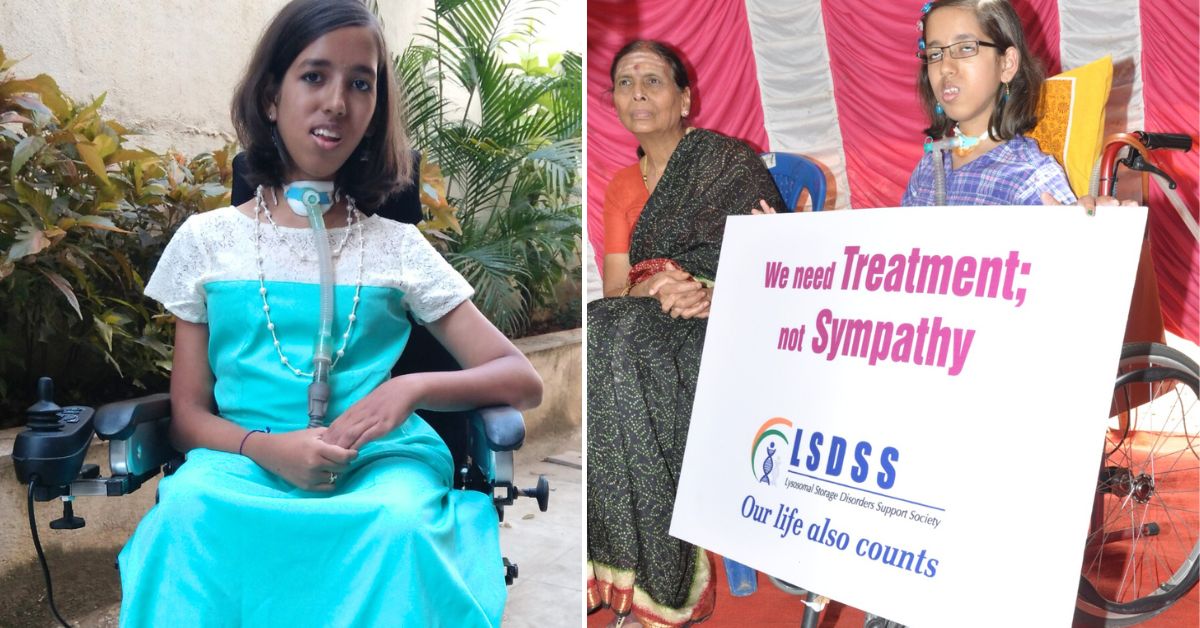
I believe it’s commendable that Nidhi’s passing hasn’t dimmed Prasanna’s mission and imaginative and prescient within the slightest. In a world the place everyone seems to be for themselves, we have now stumbled upon a paradox. He explains, “If I had began this journey with the aim of guaranteeing my daughter obtained funding for her therapy, it most likely would have ceased. However I began it to assist different youngsters with uncommon illnesses and frightened mother and father with nobody to show to for the solutions.”
Creating and persevering with hope: The Group for Uncommon Ailments India
Contemplating the character of Prasanna’s schedule, I’m fortunate to safe an interview with him. His time is a juggle between the operations of ORDI and taking India’s uncommon illness advocacy to a worldwide stage.
Final 12 months noticed Prasanna attend an APARDO (Asia Pacific Alliance of Uncommon Illness Organisations) assembly in Manila, Philippines, the place he mentioned the most recent developments of uncommon illnesses in India; meet with Dr Jan Klat of Merck Healthcare to debate potential medical trials that Indian sufferers might be part of; and characterize India at COLLABORATE Initiative at Prague, Czech Republic — the first-of-its-kind ‘multistakeholder initiative’ to determine the challenges confronted by folks with adult-onset uncommon illnesses and doable alternatives for change.
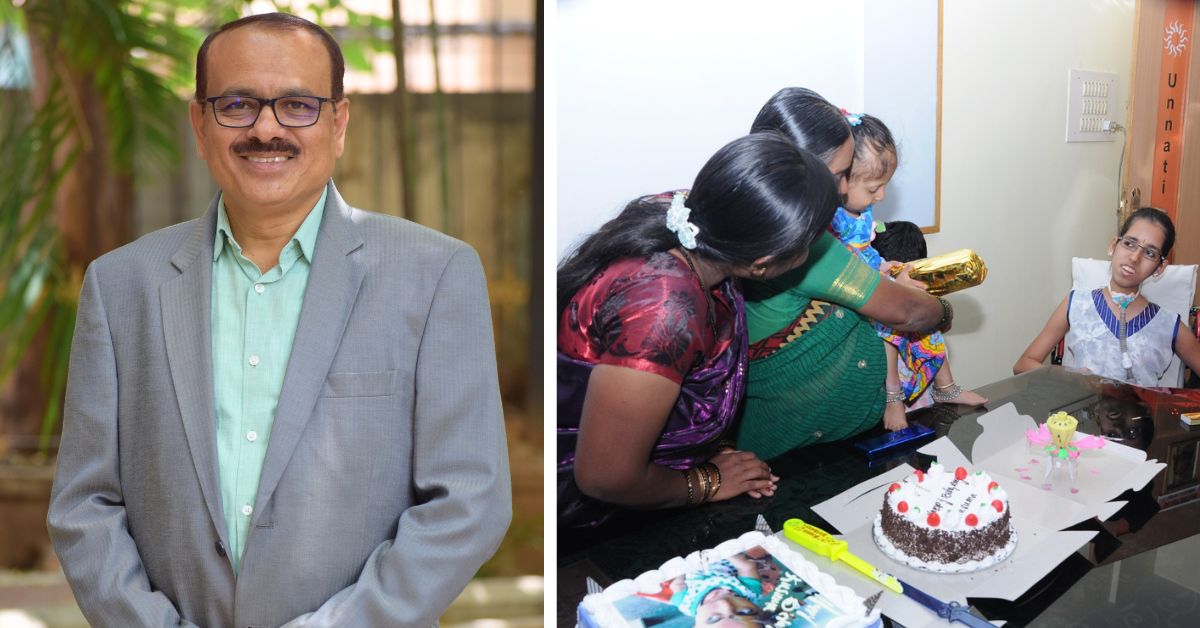
However gratitude for this schedule lights up his face as he tells me about it. A decade in the past, his life was very totally different. Prasanna had stop his job to begin ORDI, he was spending a lakh and a half each month to finance his daughter’s therapy, and he was very near dropping hope. “I do not know how I managed to run my residence for these 12 years,” he remembers. However the kindness of the world stored him going, and right now, by means of ORDI, he’s trying to be that beacon of hope for a mother or father who wants it.
Whereas some clinch the argument that there isn’t a remedy for uncommon illnesses, Prasanna has a counter-rhetoric: “Give them aid then.” By way of their work, ORDI is difficult the notion that the journey with uncommon illnesses is a combat to be received. As an alternative, they emphasise making the battle much less painful. Considered one of their most important strides has been guaranteeing entry to court-approved medical funds for youngsters with uncommon illnesses.
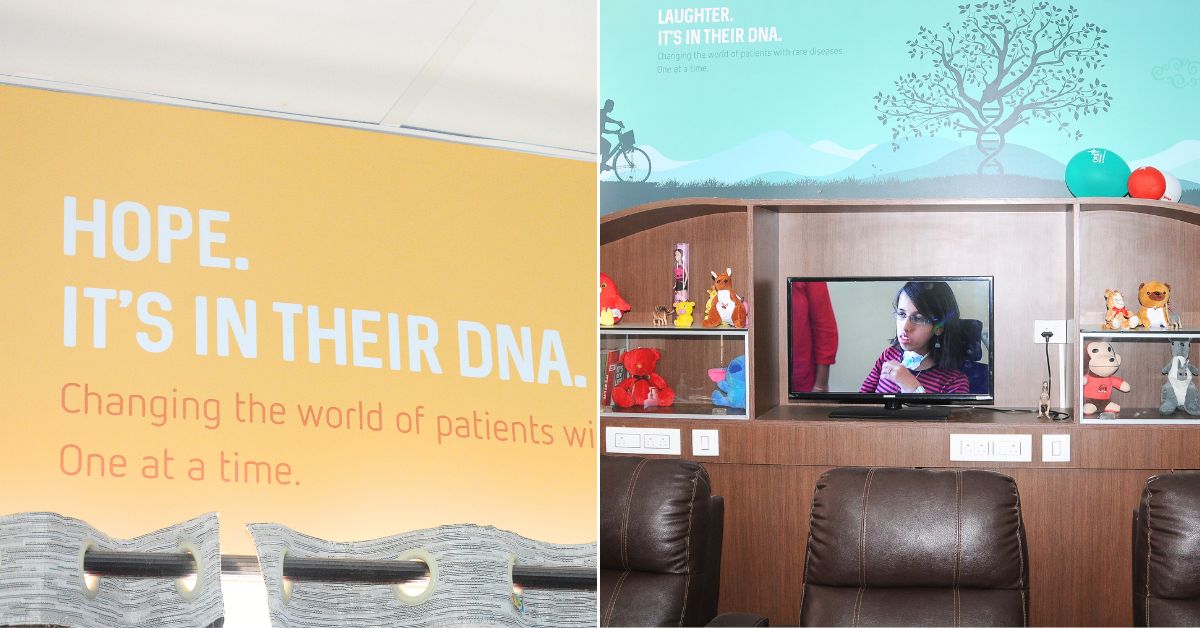
Recalling the preliminary resistance he was met with whereas interesting to totally different governments for medical funding — “1000’s of kids die of diarrhoea and malaria yearly. Why ought to we provide you with cash?” — he underlines the significance of not backing down. His tug-of-war with the paperwork lasted for six years from 2011 to 2017, culminating in a candy victory in 2017 when Rs 100 crore was sanctioned underneath the Nationwide Uncommon Illness Fund (NRDF).
By way of this, each affected person with a uncommon illness (who qualifies based mostly on the evaluation standards) can be entitled to Rs 50 lakh. The cash can be directed to ‘centres of excellence’, unfold throughout public hospitals in India, the place sufferers would be capable to entry wherewithal for therapy.
‘He’s like God to me’
Rekha Okay (30) was featured on a TV present in 2011 the place she spoke about her battle with Mucopolysaccharidosis sort IV (MPS IV), a uncommon genetic situation that causes bone development abnormalities. Prasanna occurred to be watching the present that day. When he heard Rekha element the trouble of accessing the correct therapy modality, he reached out to the present, requested to be put in contact together with her, and advised her about ORDI.
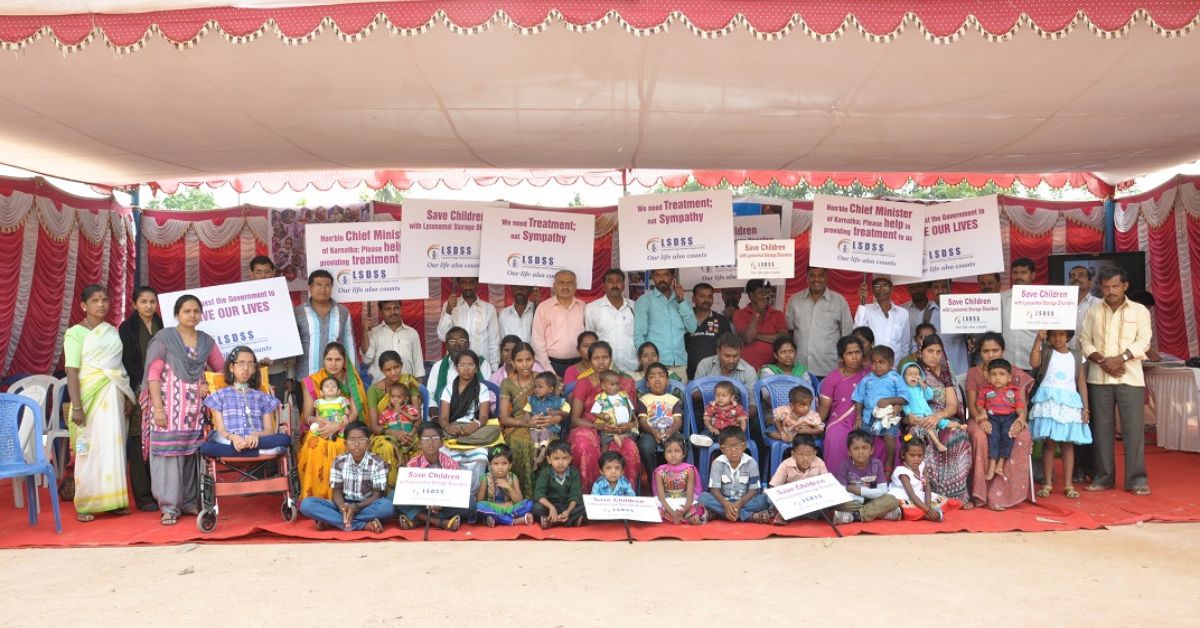
“On the time ORDI was only a small group,” Rekha shares. However, her entry marked the beginning of a life-long bond with ‘Prasanna uncle’. “He continues to amaze me,” she provides. Rekha isn’t accessing therapy underneath the NRDF however, a uncommon illness affected person’s wants span past simply funds, she says. “Whether or not it’s counselling, medical assist or any form of help, Prasanna uncle is at all times the primary one to step in and assist me and my brother, who can also be battling a uncommon illness. We owe our present jobs to him as nicely.”
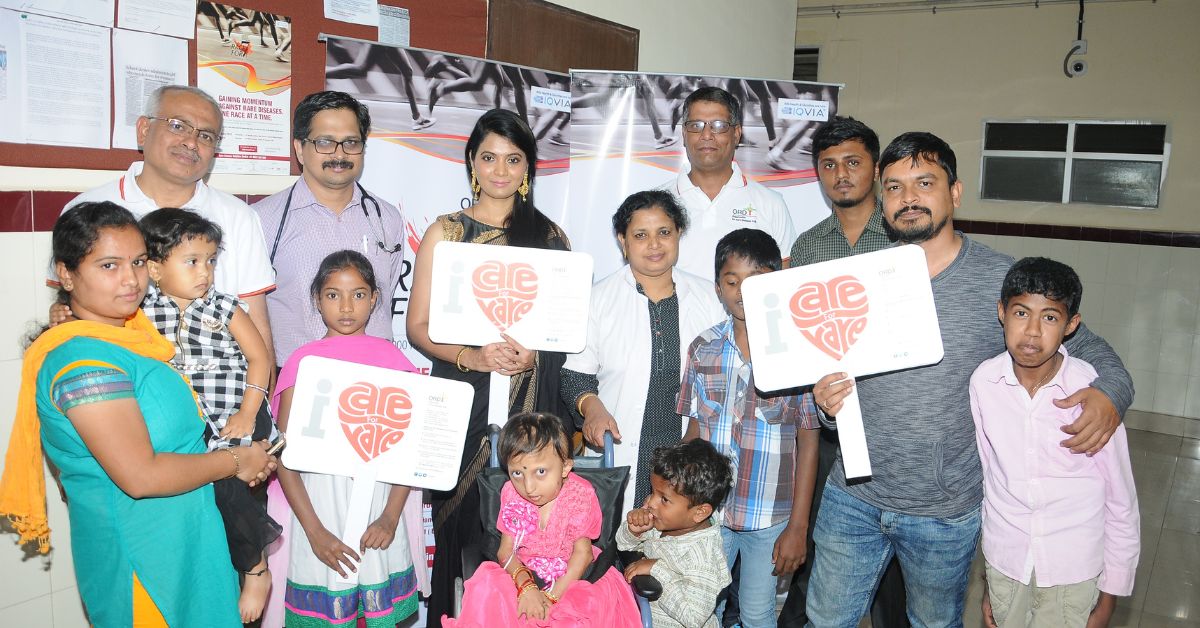
Rekha shares that she and her brother had been eager on securing jobs in the identical firm however needed to decline campus placements as they didn’t match this choice. Seeing their scenario, Prasanna tapped into his community to help them. “Having two youngsters with uncommon illnesses isn’t simple, and so we needed to make it simpler on our mother. Prasanna uncle helped us,” she says.
Whereas ORDI supplies non-medical assist in Rekha’s case, beneficiaries of the funds can entry the Uncommon Ailments Care Coordination Centre (RDCCC) on the Indira Gandhi Institute of Youngster Well being in Bengaluru (one of many ‘centres of excellence’ authorised by the federal government). It has been designed to fill the gaps that Prasanna and his spouse noticed throughout Nidhi’s therapy periods. The enzyme-replacement remedy she was prescribed necessitated an infusion of medicine each fortnight, which means 12 hours of putting up with a number of pricks because the nurse tried to search out her vein.
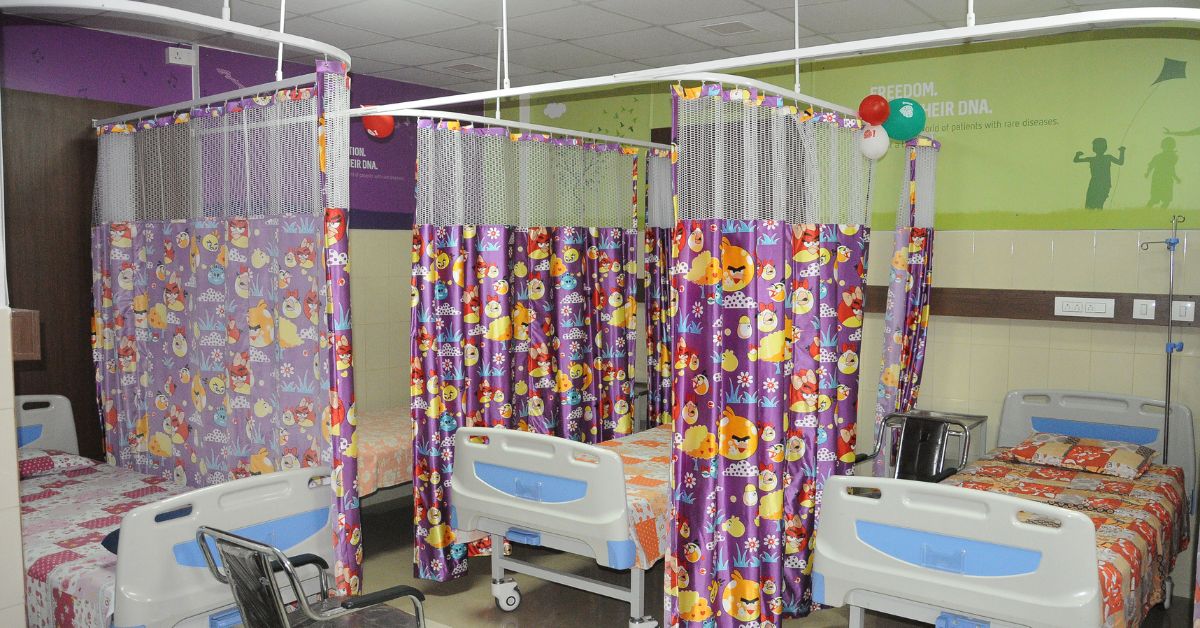
“Motivating a baby for unending, lengthy, and dreary hospital visits is a process,” Prasanna factors out. Having a brand new nurse carry out the testing and remedy every time provides to the ordeal. On the RDCCC, you’ll discover that the employees is fixed. Each time a baby comes for therapy, they’ve a well-recognized face to search for. Along with this, the gorgeous child-friendly setting, full with a snug ready space makes it a pleasing expertise for each the mother or father and baby. The centre, which has seen a affected person turnout of 275, has grow to be a template for the remainder of the nation.
Whereas the Bengaluru centre is managed by them, there are ORDI coordinators stationed on the different centres of excellence too, to coordinate with hassled sufferers and fogeys and assist them navigate the therapy course of proper from admission to fund entry.
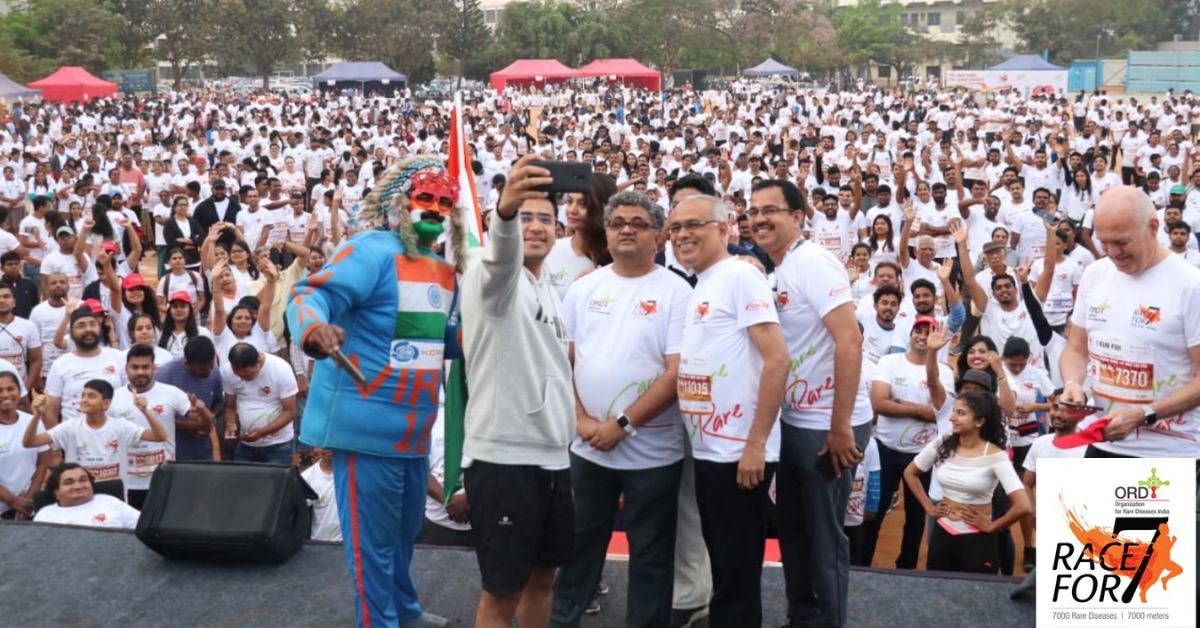
By way of its position as a single-point vacation spot for multidisciplinary experience and specialised look after uncommon illnesses in youngsters, ORDI connects sufferers with uncommon illness healthcare suppliers, medical consultants, recognised diagnostic centres, genetic counsellors, caregivers, therapy choices, nationwide and worldwide medical trials, and funding choices the place possible.
It’s trying to bridge the hole between sufferers and medical professionals — thereby lowering analysis time, bettering entry to care and therapy and inspiring the enactment of equitable uncommon illness well being insurance policies.
Placing uncommon illness advocacy on the general public well being radar
‘Likelihood is somebody with a uncommon illness’ reads the headline of an article in John Hopkins. Statistically, it might be true. With 70 million folks in India battling a uncommon illness of some form, Prasanna realised the necessity to double down on coverage frameworks. Whereas most of his work, by means of ORDI, was beforehand centred on elevating consciousness of uncommon illnesses to vary outdated perceptions, there was a shift within the goalposts. Now, he desires to make these conversations commonplace in society.
Elaborating on how they did this, he talks concerning the Racefor7 marathon, whereby folks throughout 20 cities are inspired to run for the reason for uncommon illnesses. This 12 months, you might be part of it too. The marathon is ready to happen on 23 February at 7 am sharp throughout these 20 cities.
Along with this, ORDI has arrange the primary nationwide uncommon illness helpline (+91 8892 555 000) to offer info and recommendation to sufferers with uncommon illnesses in search of medical or non-medical help. The crew assists hassled mother and father not simply with ventilator and take a look at assist but additionally emotional help, even occurring to talk to their employers in some circumstances to extend their empathy.
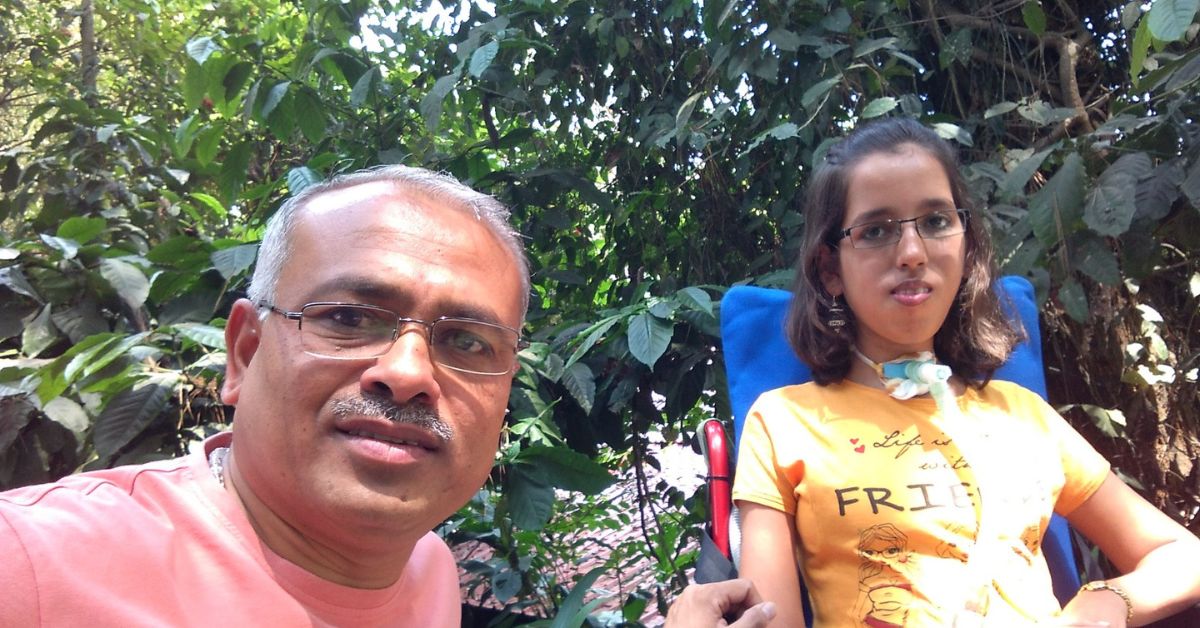
In 2018, Prasnna was named Ashoka Fellow and in 2019, he was awarded ‘RARE Champion of Hope’. The award honours and recognises true champions for uncommon illnesses who’ve made a vital affect in advocacy, trade, and analysis.
However I can gauge that the actual win lies in his telephone messages, which he excitedly factors to once I ask him what makes his day. “When a mother or father sends me an image of their baby present process remedy at RDCCC and tells me that they’re relieved due to me, it makes me glad.” These moments validate the aim he set out with — to make sure that all of the ‘Nidhis’ and ‘Prasannas’ of the world should not have to cope with ache.
Register right here to take part on this 12 months’s marathon.
Edited by Khushi Arora; All pictures courtesy Prasanna Shirol

